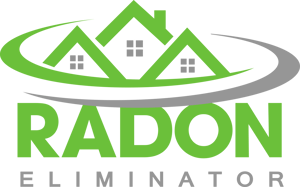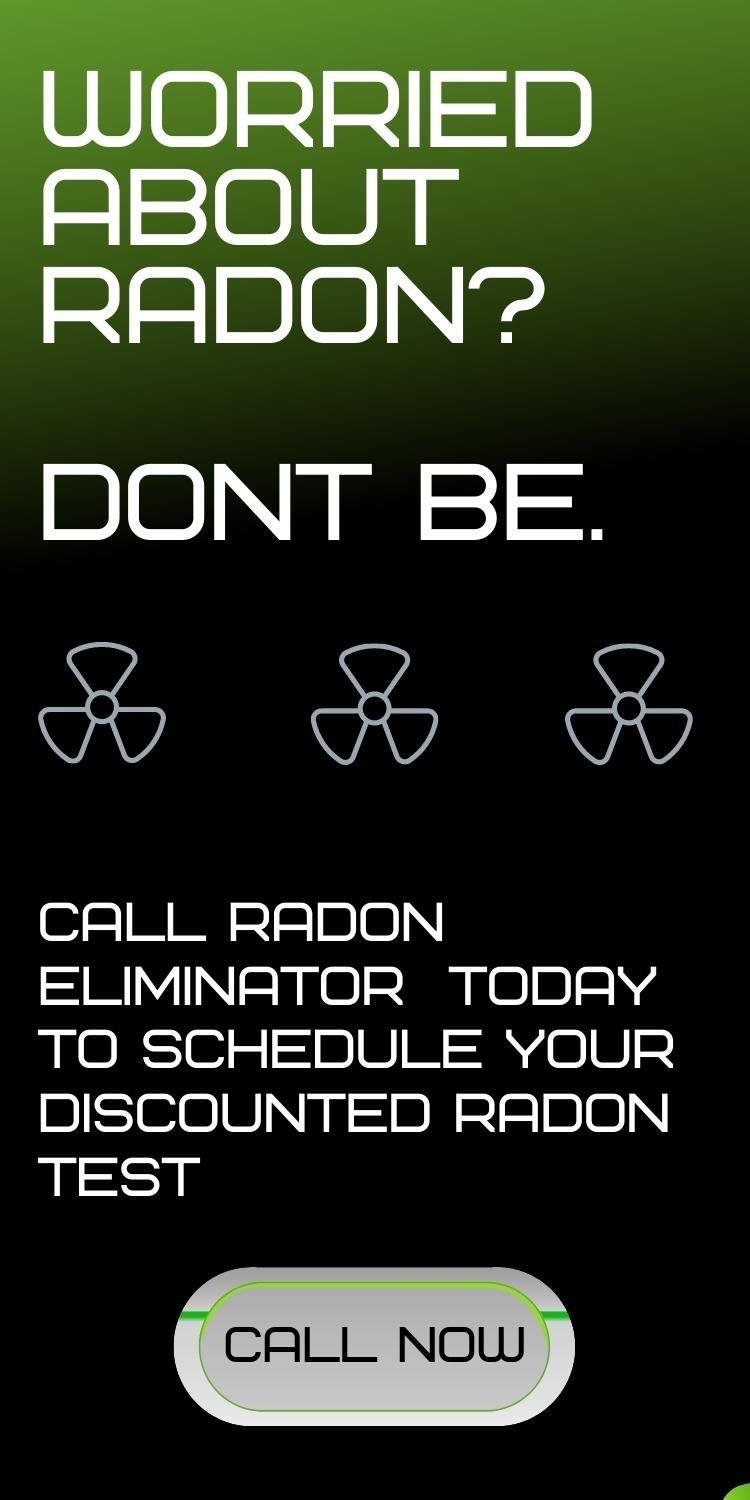Get Radon Testing Before Selling Your Home
Buying or selling a home is a significant undertaking that involves numerous considerations, and one crucial aspect that should never be overlooked is testing for radon.
A colorless and odorless radioactive gas, an elevated radon level in a home can pose serious health risks.
Whether you're a prospective buyer or seller, understanding the importance of radon testing is essential for ensuring a safe and healthy living environment and protecting your property value.
If you are in the process of selling a home, having a radon test performed could make or break the sale of your house.
Radon gas is prominent in many homes throughout Ohio due to the climate and the soil underneath the foundation of most homes.
If the radon levels in your home have never been checked, you could be trying to sell a home with the presence of radon gas.
There are other reasons to have your home tested for radon besides the real estate transaction.
Read our blog post: "The Benefits of Radon Testing."

Table of Contents
The Health Impact of Radon
Radon is the second leading cause of lung cancer, responsible for thousands of deaths each year.
Unlike other home issues, radon is not something you can see, smell, or taste, making it imperative to proactively test for its presence.
Prolonged exposure to elevated indoor radon levels can lead to severe health consequences, such as lung cancer. If the residents of the home smoke, the chance of acquiring radon-related lung cancer increases significantly.
Therefore, before finalizing any real estate transaction, it's crucial to have a radon contractor assess the radon levels within the home.
Are there Safe Radon Levels in a Home?
While there are no exact safe radon levels, the EPA strongly advises taking steps to minimize indoor radon levels if they exceed 4 pCi/L. However, because radon gas at any level indoors is dangerous, the EPA recommends treating houses with radon levels ranging from 2 to 4 pCi/L.
What Does a Radon Test Involve?
Radon testing involves the measurement of radon gas levels within a home. The process is designed to assess whether the concentration of radon is within acceptable limits or if mitigation measures are necessary to reduce elevated levels.
Here's an overview of what radon testing involves:
Selection of Testing Method:
Short-Term Testing: This method involves placing radon testing devices in the home for a short period, usually two to seven days.
Long-Term Testing: Long-term tests typically last more than 90 days.
Placement of Testing Devices:
Testing devices are placed in the lowest level of the home, typically the basement.
Closed-Home Conditions:
To ensure accurate results, it's important to maintain closed-home conditions during the testing period. This means keeping windows and doors closed as much as possible and minimizing ventilation to reflect the conditions under which residents typically occupy the home.
Data Collection:
The testing devices passively collect data on radon gas levels by capturing radon decay products or measuring alpha particles emitted during the decay process. After the designated testing period, the specialist returns to analyze the date.
Interpretation of Results:
Once the testing devices are analyzed, the results are reported in units of picocuries per liter (pCi/L), which represent the concentration of radon gas in the air. The Environmental Protection Agency (EPA) recommends taking action if radon levels exceed 4 pCi/L.
BUYING A HOME
If you are purchasing a new home, regardless of where the home is located, it is advised that you have a short-term test performed to determine if the home has an acceptable level of radon before you complete the real estate transaction.
Typically, the procedure to have a radon test performed is for the real estate agent of the potential buyer to request the test as part of the overall home inspection.
If the test reveals elevated radon concentrations to be above the EPA recommended action level of a 4.0 pCi/L or greater, the potential buyer will negotiate with the seller to have radon remediation in order to lower the radon gas levels in the home.
SELLING A HOME
A homeowner should test their house for radon before listing it for sale.
If a radon test is performed, the owner is required to provide the buyer's Realtor with the radon test results. This is referred to as Radon Disclosure.
If an initial test was done and radon gas levels are above the EPA recommended action level, radon remediation must be addressed during the real estate transaction.
It is common for a buyer to want a professional radon mitigation system installed to remove the dangerous levels of radon gas in the home.
Mitigation and Cost-Effective Solutions
If elevated radon levels are detected, don't panic.
Radon mitigation systems are highly effective and can be installed by a radon professional to reduce high concentrations of radon gas.
Addressing the issue promptly not only ensures a healthier living environment but can also be a cost-effective solution. Early detection and mitigation may prevent the need for more extensive and additional expenses in the future.
WHY CHOOSE Our RADOn Company?
There are many different companies and methods to choose when deciding who will perform your radon test or mitigation. Here are a few reasons why we should be your number-one choice:
- Employ Licensed Professionals
- Company Insurance
- Quality Parts
- Competitive Radon Mitigation Prices
- Discounted Real Estate Testing
- Results Guaranteed in Writing
Radon testing is a critical step in the home buying or selling process.
Prioritizing the health and safety of your family, as well as complying with legal and real estate requirements should motivate both buyers and sellers to include radon testing in their checklist.
By doing so, you not only contribute to a safer living environment but also demonstrate a commitment to transparency and responsibility in real estate transactions.
It's a small investment with potentially significant returns in terms of health and property value.
To find out if the home you're buying or selling has hazardous radon levels, contact our licensed radon contractors to schedule a discounted test today.





